What You Need To Know About The Liver – The Top 3 Critical Reasons Why You Should Detoxify the Liver and 10 Top Foods for Optimal Liver Health
The importance of liver health
Overview
The liver (your liver) plays a vital role in maintaining your overall health and well-being. It is responsible for a wide range of functions, including detoxifying harmful substances, metabolizing nutrients, producing bile for digestion, and storing essential vitamins and minerals. Without a healthy liver, your body would struggle to perform these crucial tasks efficiently. Therefore, it is essential to prioritize liver health to ensure optimal overall health.
What is the Liver and what is its function?
The liver is a vital organ located in the upper right abdomen, beneath the diaphragm and above the stomach. It plays a crucial role in metabolism, digestion, detoxification, and nutrient storage. The liver performs over 500 essential functions in the body, making it one of the busiest organs.
The Liver is…:
The liver performs numerous vital functions in the body, and its complex structure enables it to carry out these functions efficiently. Here’s an overview of how the liver works:
- Blood Supply: The liver receives a dual blood supply from the hepatic artery and the portal vein. The hepatic artery delivers oxygen-rich blood, while the portal vein brings nutrient-rich blood from the digestive organs.
- Blood Filtration: As blood flows through the liver, specialized cells called hepatocytes filter out toxins, bacteria, and other harmful substances. The liver also metabolizes drugs and detoxifies chemicals.
- Bile Production: Hepatocytes produce bile, a fluid that helps digest fats. Bile is transported from the liver to the gallbladder for storage and later release into the small intestine.
- Nutrient Processing: The liver processes nutrients absorbed from the digestive tract. It regulates glucose levels by storing excess glucose as glycogen or converting glycogen back to glucose as needed. The liver also converts amino acids into proteins and synthesizes important molecules such as cholesterol and triglycerides.
- Storage and Release: The liver stores vitamins, minerals, and glucose for later use. It releases these substances into the bloodstream when the body requires them.
- Blood Clotting: The liver produces clotting factors necessary for blood coagulation. These factors are essential for preventing excessive bleeding.
- Immune Function: The liver plays a crucial role in the body’s immune system. It removes bacteria and other pathogens from the bloodstream and produces immune factors that help fight infection.
- Regeneration: The liver has a remarkable ability to regenerate. Even if a significant portion of the liver is damaged or removed, it can regenerate to its original size and function over time.
In summary, the liver is a complex organ that performs essential functions related to metabolism, detoxification, digestion, and immune response, among others. Its intricate structure and specialized cells enable it to carry out these functions efficiently, contributing to overall health and well-being.
Functions of the Liver:
- Metabolism: The liver metabolizes carbohydrates, fats, and proteins, converting them into energy or storing them for later use. It also regulates glucose levels in the blood.
- Detoxification: The liver filters and detoxifies harmful substances from the blood, including drugs, alcohol, and metabolic waste products. It converts toxins into less harmful substances that are then excreted from the body.
- Bile Production: The liver produces bile, a fluid that aids in the digestion and absorption of fats. Bile is stored in the gallbladder and released into the small intestine when needed.
- Nutrient Storage: The liver stores essential nutrients such as vitamins (A, D, E, K) and minerals (iron and copper) and releases them into the bloodstream as needed.
- Blood Clotting: The liver produces proteins called clotting factors that are essential for blood clotting. It also removes old or damaged blood cells from circulation.
- Immune Function: The liver plays a role in the body’s immune response by removing bacteria and other pathogens from the bloodstream.
Signs the liver is sluggish
It is crucial to be aware of the signs that indicate the liver may be sluggish. These signs can include persistent fatigue, bloating and gas, skin issues like acne or eczema, frequent headaches, difficulty losing weight, and a weakened immune system. If you experience any of these symptoms, it may be an indication that the liver needs support and detoxification.
The top 3 types of liver disease: Understanding the risks and symptoms
The liver is a vital organ responsible for detoxification, metabolism, and nutrient storage. However, various factors can lead to liver disease, which can range from mild to severe. Here, we explore the top three types of liver disease, their causes, and symptoms.
- Non-alcoholic Fatty Liver Disease (NAFLD)
NAFLD is a condition characterized by the accumulation of fat in the liver, not caused by alcohol consumption. It is often associated with obesity, insulin resistance, and metabolic syndrome. NAFLD can progress to non-alcoholic steatohepatitis (NASH), which involves inflammation of the liver and can lead to fibrosis, cirrhosis, and liver cancer.
Symptoms of NAFLD and NASH may include fatigue, weakness, abdominal pain, and unexplained weight loss. Diagnosis is typically made through imaging studies and liver function tests.
- Alcoholic Liver Disease (ALD)
ALD is caused by excessive alcohol consumption over time. It encompasses a range of conditions, including fatty liver, alcoholic hepatitis, fibrosis, cirrhosis, and liver cancer. ALD develops differently in individuals, with some developing severe liver damage after prolonged heavy drinking, while others may have a milder form of the disease.
Symptoms of ALD can include jaundice (yellowing of the skin and eyes), abdominal pain, swelling, and easy bruising or bleeding. Diagnosis is based on a history of alcohol abuse, physical examination, imaging studies, and liver function tests.
- Viral Hepatitis
Viral hepatitis is caused by infection with hepatitis viruses, including hepatitis A, B, C, D, and E. Hepatitis B and C are the most common causes of chronic hepatitis, which can lead to cirrhosis and liver cancer if left untreated. Hepatitis A and E are typically acute and do not result in chronic liver disease.
Symptoms of viral hepatitis can vary but may include fatigue, nausea, abdominal pain, jaundice, and dark urine. Diagnosis is made through blood tests to detect viral markers and liver function tests.
It’s important to note that liver disease can be managed and treated, especially if detected early. Lifestyle changes, such as maintaining a healthy weight, limiting alcohol consumption, and avoiding exposure to hepatitis viruses, can help reduce the risk of liver disease.
Top foods for liver detoxification
The liver is a vital organ responsible for detoxification, metabolism, and nutrient storage. To revitalize the liver and support its detoxification process, it is crucial to incorporate liver-friendly foods into your diet. To keep it healthy and functioning optimally, it’s essential to include liver-friendly foods in your diet. These foods can help cleanse and nourish the liver, allowing it to function optimally. Some of the top foods for liver detoxification include:
- Leafy Greens: Leafy greens such as spinach, kale, and arugula are rich in chlorophyll, a compound that helps detoxify the liver. Chlorophyll aids in the removal of toxins and heavy metals from the body, promoting overall liver health.
- Cruciferous Vegetables: Cruciferous vegetables like broccoli, Brussels sprouts, and cauliflower contain compounds called glucosinolates. These compounds support liver detoxification by enhancing the liver’s ability to neutralize and eliminate toxins.
- Garlic: Garlic is known for its potent medicinal properties, including its ability to support the liver. It contains sulfur compounds that activate liver enzymes responsible for detoxification, helping to cleanse the liver.
- Turmeric: Turmeric contains curcumin, a powerful antioxidant and anti-inflammatory compound. Curcumin has been shown to protect the liver from damage and support its detoxification processes.
- Green Tea: Green tea is rich in catechins, a type of antioxidant that supports liver function. Catechins have been shown to reduce liver fat accumulation and protect against liver damage.
- Walnuts: Walnuts are a good source of omega-3 fatty acids, which have anti-inflammatory properties and support liver detoxification. Including walnuts in your diet can help protect and revitalize the liver.
- Avocado: Avocado is rich in glutathione, a powerful antioxidant that plays a key role in liver detoxification. Consuming avocados can help protect the liver from damage and promote overall liver health.
- Berries: Berries such as strawberries, blueberries, and raspberries are high in antioxidants, which help protect the liver from oxidative stress and damage. Including berries in your diet can support the liver.
- Grapes: Grapes contain antioxidants and resveratrol, a compound that has been shown to benefit liver health. Resveratrol helps reduce inflammation and oxidative stress in the liver, supporting its detoxification processes.
- Olive Oil: Olive oil is rich in healthy fats, including monounsaturated fats, which support liver function. Including olive oil in your diet can help protect and revitalize the liver. Do your research and find reputable brand. This is very critical because many of the brands found in your local grocery store are adulterated.
Incorporating these liver-friendly foods into your diet can help cleanse and revitalize the liver, promoting optimal health. However, it’s essential to maintain a balanced diet and consult with a healthcare professional before making significant changes to your diet, especially if you have existing liver issues.
The role of the liver in detoxification
One of the primary functions of the liver is detoxification. Every day, your body is exposed to numerous toxins from the environment and the food you consume that overwhelms or damage the liver leading to a buildup of toxins. When these toxins can overload the liver, it becomes sluggish and less efficient in performing its detoxification duties because some of the diseases mentioned above. When the liver is overwhelmed, it can lead to various health issues, including fatigue, digestive problems, skin disorders, and even weight gain.
You see, impaired liver function negatively impacts your overall health. Detoxifying the liver can help support its natural detoxification processes and promote optimal liver function.
Reasons to Detoxify the Liver:
- Remove Toxins: Detoxification helps remove accumulated toxins, pollutants, and metabolic waste products from the liver, supporting its ability to function properly.
- Improve Liver Function: A liver detox can help improve liver function by reducing the burden of toxins and promoting the regeneration of the liver cells.
- Boost Energy Levels: A healthy liver contributes to better energy levels and overall vitality by supporting efficient metabolism and nutrient absorption.
- Support Digestion: A detoxed liver can improve digestion by promoting the production of bile, which aids in the digestion and absorption of fats and fat-soluble vitamins.
- Enhance Immune Function: The liver plays a crucial role in the body’s immune response. Detoxifying the liver can help support immune function and overall health.
- Promote Weight Loss: A healthy liver is essential for metabolism and fat burning. Detoxifying the liver can help support weight loss efforts.
Symptoms of liver impairment
Impaired liver function can lead to a variety of symptoms, ranging from mild to severe. Some common symptoms include:
- Jaundice: Yellowing of the skin and eyes.
- Fatigue: Feeling tired or weak.
- Abdominal Swelling: Swelling or fluid buildup in the abdomen.
- Itching: Persistent itching of the skin.
- Dark Urine: Urine that is dark in color.
- Pale Stools: Stools that are pale or clay-colored.
- Nausea or Vomiting: Feeling nauseous or vomiting.
- Loss of Appetite: Reduced appetite or aversion to food.
- Bruising Easily: Easy bruising or bleeding.
- Swelling in the Legs and Ankles: Swelling in the lower extremities.
It’s important to note that these symptoms can also be caused by other health conditions, so it’s essential to consult a healthcare professional for an accurate diagnosis and appropriate treatment.
Incorporating liver-friendly foods into your diet
Now that you know which foods are beneficial for your liver, it’s time to learn how to incorporate them into your daily diet. Start by adding a serving of leafy greens to your lunch or dinner. You can sauté them with garlic and onions for added flavor and liver support. Snack on a handful of berries between meals or add them to your morning smoothie. Experiment with turmeric by adding it to soups, stews, or stir-fries. By making these small but significant changes to your diet, you can provide your liver with the nourishment it needs to function optimally.
The benefits of drinking liver cleanse juices
In addition to incorporating liver-friendly foods into your diet, you can also benefit from drinking liver cleanse juices. These juices are made from a combination of liver-supporting fruits and vegetables and can provide a concentrated dose of nutrients that promote liver health. Some popular liver cleanse juice ingredients include beets, carrots, apples, and ginger. These ingredients are known for their detoxifying properties and can help flush out toxins from your liver. Drinking liver cleanse juices regularly can improve your liver function, boost your energy levels, and enhance your overall well-being.
Liver cleanse supplements and herbs
If you’re looking for additional support in cleansing your liver, there are also liver cleanse supplements and herbs available. Milk thistle, dandelion root, and artichoke extract are some of the most commonly used herbs for liver detoxification. These herbs contain compounds that promote the production of liver enzymes and support the regeneration of liver cells. Liver cleanse supplements often contain a combination of these herbs along with other nutrients that support liver health. However, it is essential to consult with a healthcare professional before starting any new supplements or herbs to ensure they are suitable for your specific needs.
Lifestyle changes for liver health
While diet and supplements play a crucial role in liver health, lifestyle changes are equally important. Avoiding excessive alcohol consumption, managing stress levels, getting regular exercise, and maintaining a healthy weight can all contribute to a healthy liver. Alcohol is particularly damaging to the liver, so it is essential to limit your intake or avoid it altogether. Stress can also impact liver function, so finding healthy ways to manage stress, such as practicing yoga or meditation, can be beneficial. Incorporating regular exercise into your routine can help improve blood flow to the liver, while maintaining a healthy weight reduces the risk of fatty liver disease.
Liver-friendly recipes and meal ideas
To make it easier for you to incorporate liver-friendly foods into your diet, here are a few recipes and meal ideas:
- Breakfast: Start your day with a liver-nourishing smoothie made with spinach, berries, almond milk, and a tablespoon of turmeric.
- Lunch: Enjoy a salad with mixed greens, broccoli, grilled chicken, and a drizzle of olive oil and lemon juice.
- Dinner: Try a stir-fry with kale, garlic, onions, and your choice of protein, served over quinoa or brown rice.
- Snack: Have a handful of sprouted walnuts or almonds for a nutrient-packed snack that supports liver health.
Final Thoughts: Taking care of your liver for optimal health
Your liver is a remarkable organ that plays a crucial role in maintaining your overall health and well-being. By prioritizing liver health and incorporating liver-friendly foods, juices, and supplements into your daily routine, you can revitalize your liver and support its detoxification process. Additionally, making lifestyle changes such as limiting alcohol consumption, managing stress, exercising regularly, and maintaining a healthy weight can further promote liver health. Remember, a healthy liver leads to optimal health, so take care of it, and your body will thank you.
Start incorporating liver-friendly foods and supplements into your diet today and experience the benefits of a revitalized liver and optimal health.
For natural and healing remedies, products, and supplements to help you live your most optimal healthy life, visit our store here!
Remember: Own Your Health!
If you enjoyed the information presented in this article, Please Share It. Help us reach more people and keep this website going! Thank you!
Note: The information provided in this article is for educational purposes only and should not be considered medical advice. Please consult with a healthcare professional or registered dietitian before making any significant changes to your diet or lifestyle.
References
- J Physiol Biochem. 2013 Sep;69(3):553-62. doi: 10.1007/s13105-013-0265-y.
- Nutrients. 2017 Jan; 9(1): 56. Published online 2017 Jan 12. doi: 10.3390/nu9010056.
- World J Gastroenterol. 2013 Jul 21; 19(27): 4420–4429. Published online 2013 Jul 21. doi: 10.3748/wjg.v19.i27.4420.
- https://www.ncbi.nlm.nih.gov/pmc/articles/PMC4303910/
- https://www.ncbi.nlm.nih.gov/pmc/articles/PMC4589060/
- https://www.ncbi.nlm.nih.gov/pmc/articles/PMC4538021/
- https://www.ncbi.nlm.nih.gov/books/NBK279393/
- https://pubmed.ncbi.nlm.nih.gov/29713084/
- https://www.ncbi.nlm.nih.gov/pmc/articles/PMC4560730/
- https://www.ncbi.nlm.nih.gov/books/NBK279393/
- https://pubmed.ncbi.nlm.nih.gov/29713084/
- https://www.ncbi.nlm.nih.gov/pmc/articles/PMC5806905/
- https://www.ncbi.nlm.nih.gov/pmc/articles/PMC3969660/
- https://www.mayoclinic.org/diseases-conditions/liver-problems/symptoms-causes/syc-20374502
- https://www.nhs.uk/conditions/liver-disease/symptoms/

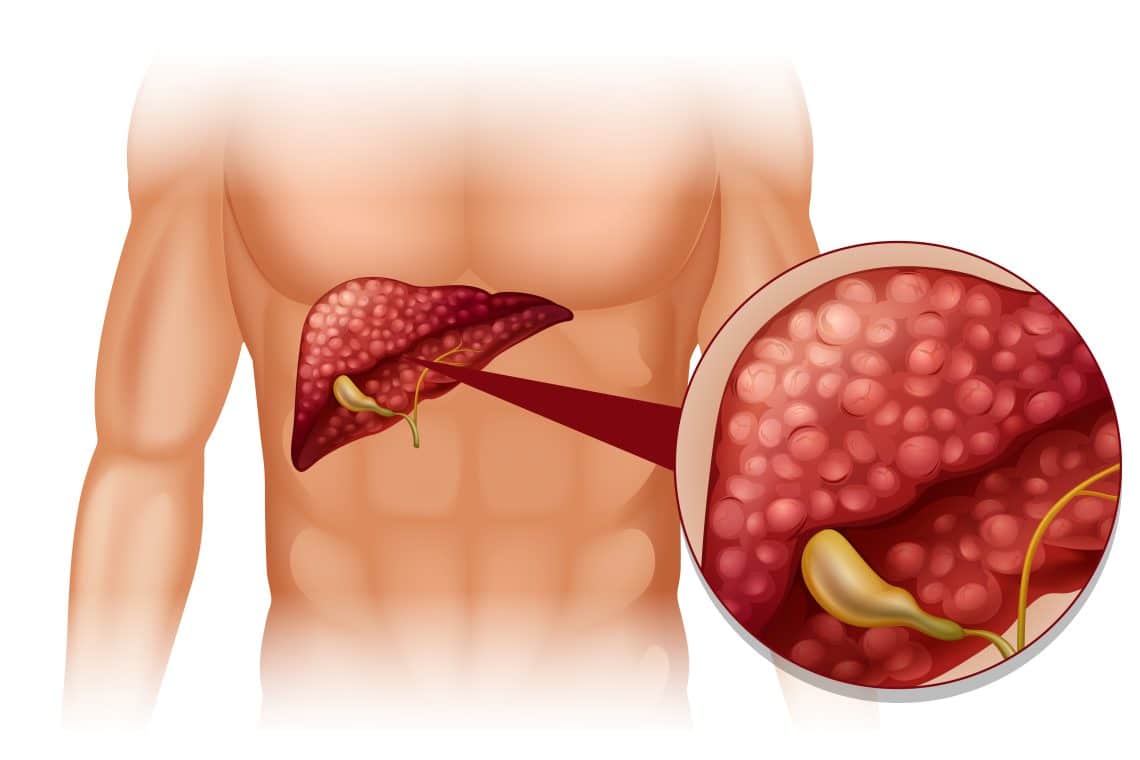
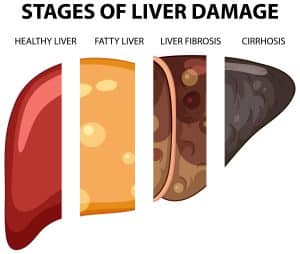
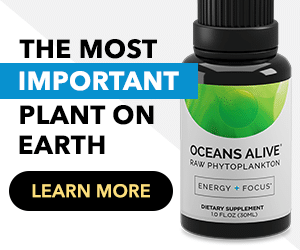

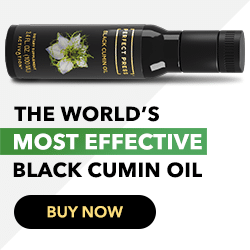
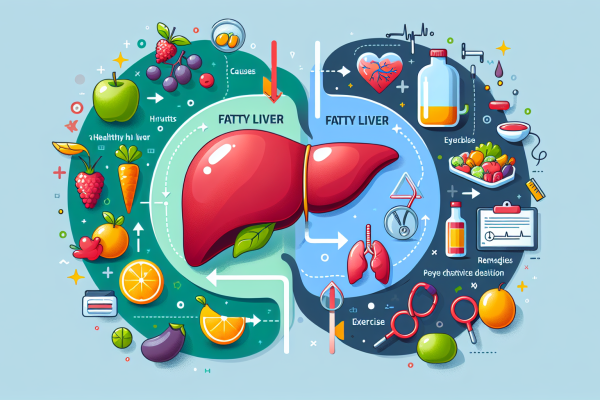


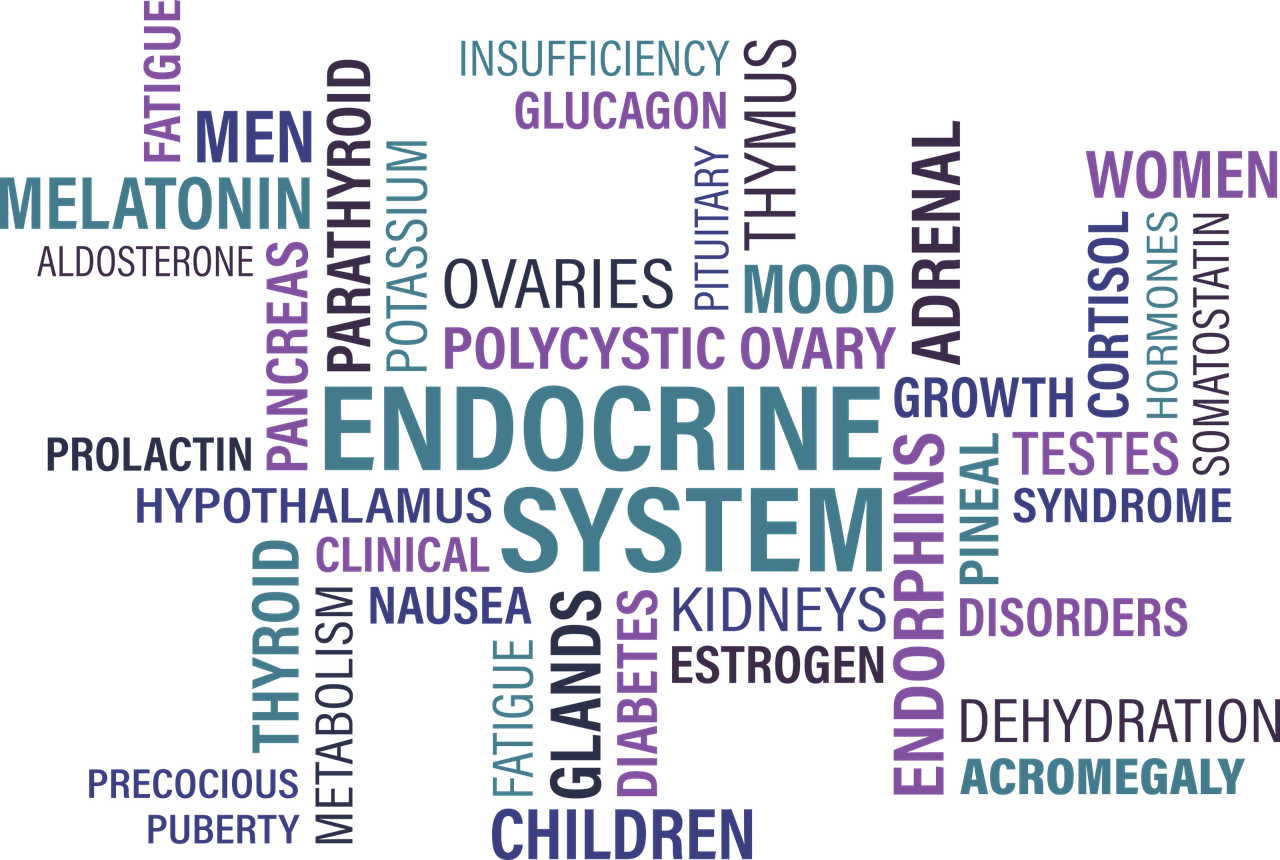

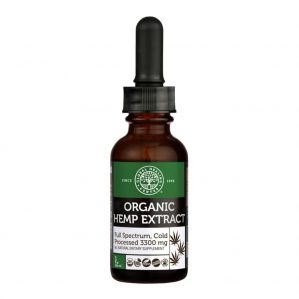
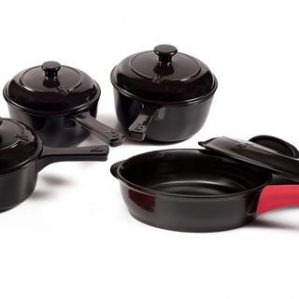
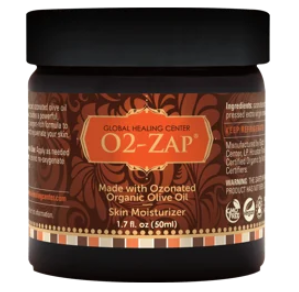

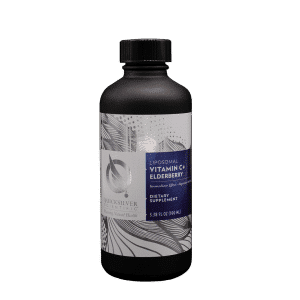











1 Comment
[…] Fatty liver disease, where fat accumulates in your liver, is a condition that may not be familiar to everyone, but it’s more common than you might think. This condition can be classified into two main types: Nonalcoholic Fatty Liver Disease (NAFLD) and Alcoholic Fatty Liver Disease (ALD). With NAFLD affecting about 25% of people worldwide and being the most prevalent cause of liver disease in the Western world, understanding how to reverse fatty liver becomes crucial for maintaining liver health. Moreover, NAFLD is now the leading cause of abnormal liver function tests in the UK, hinting at its widespread impact. […]